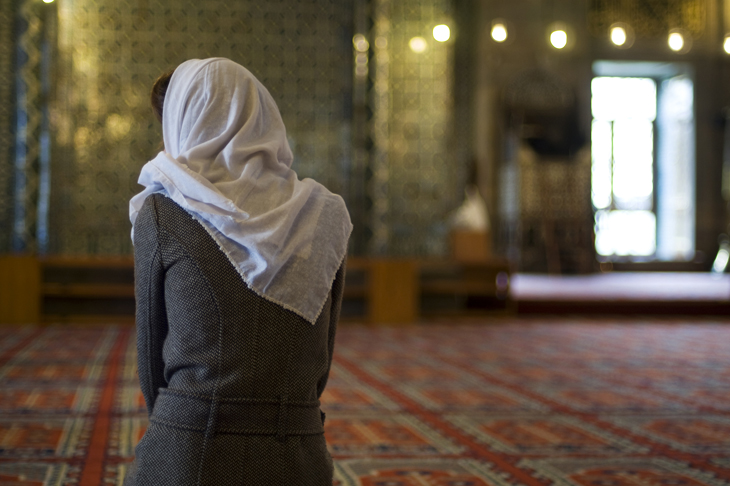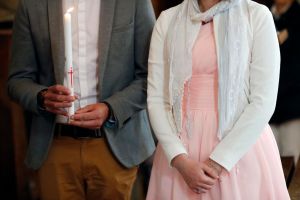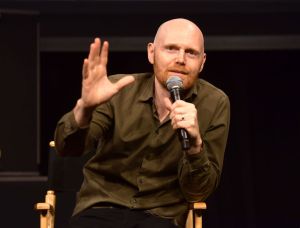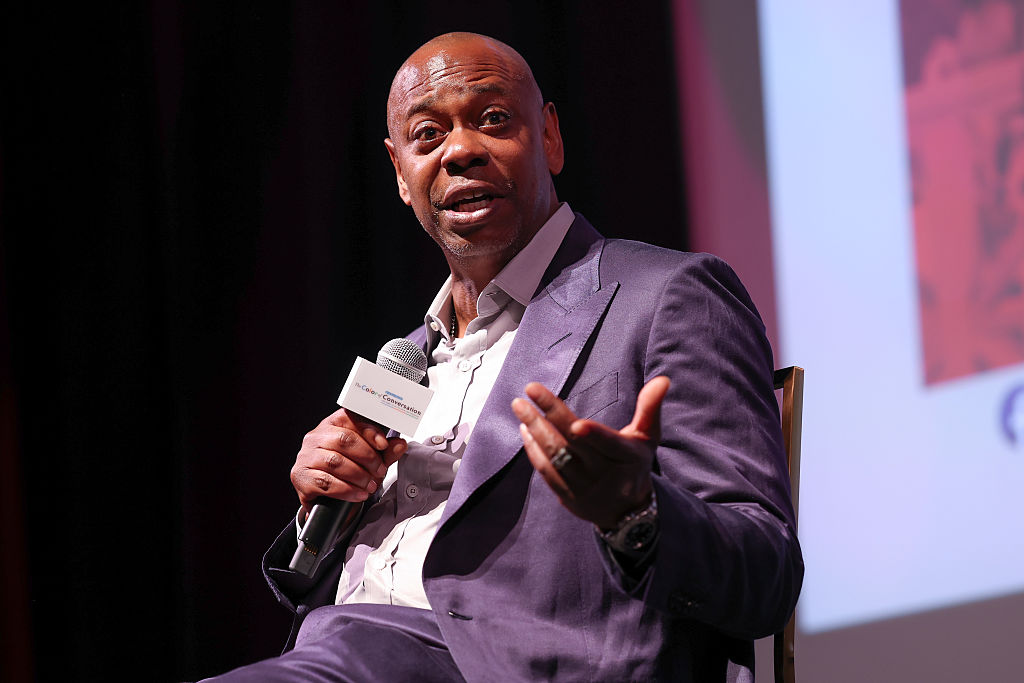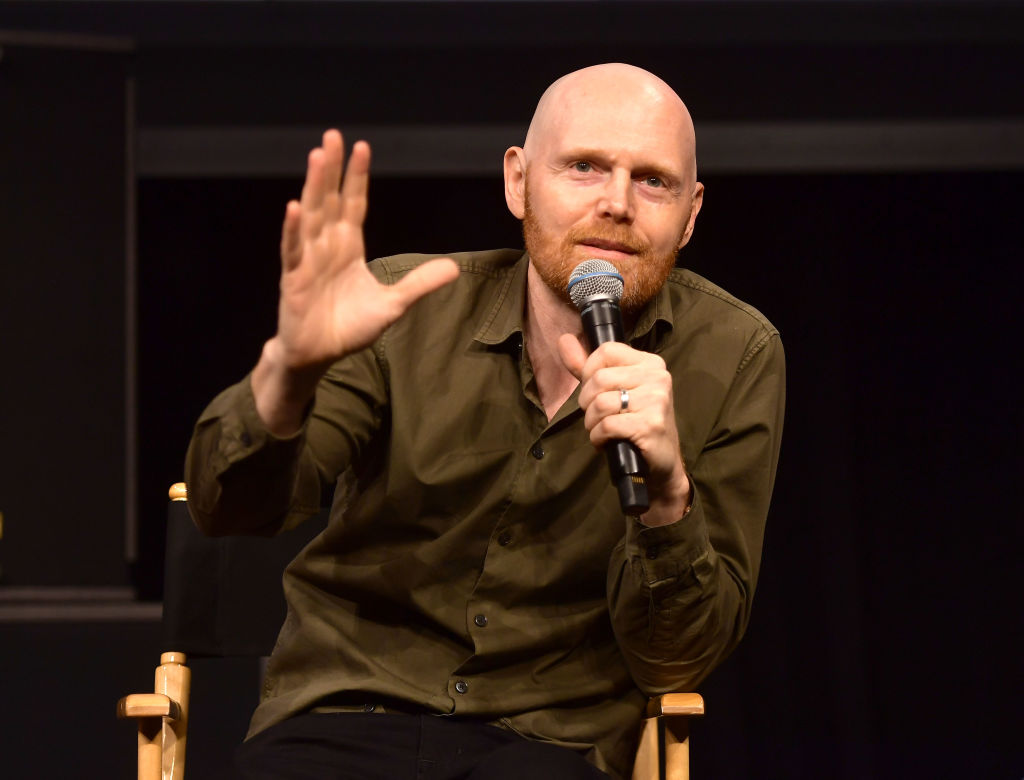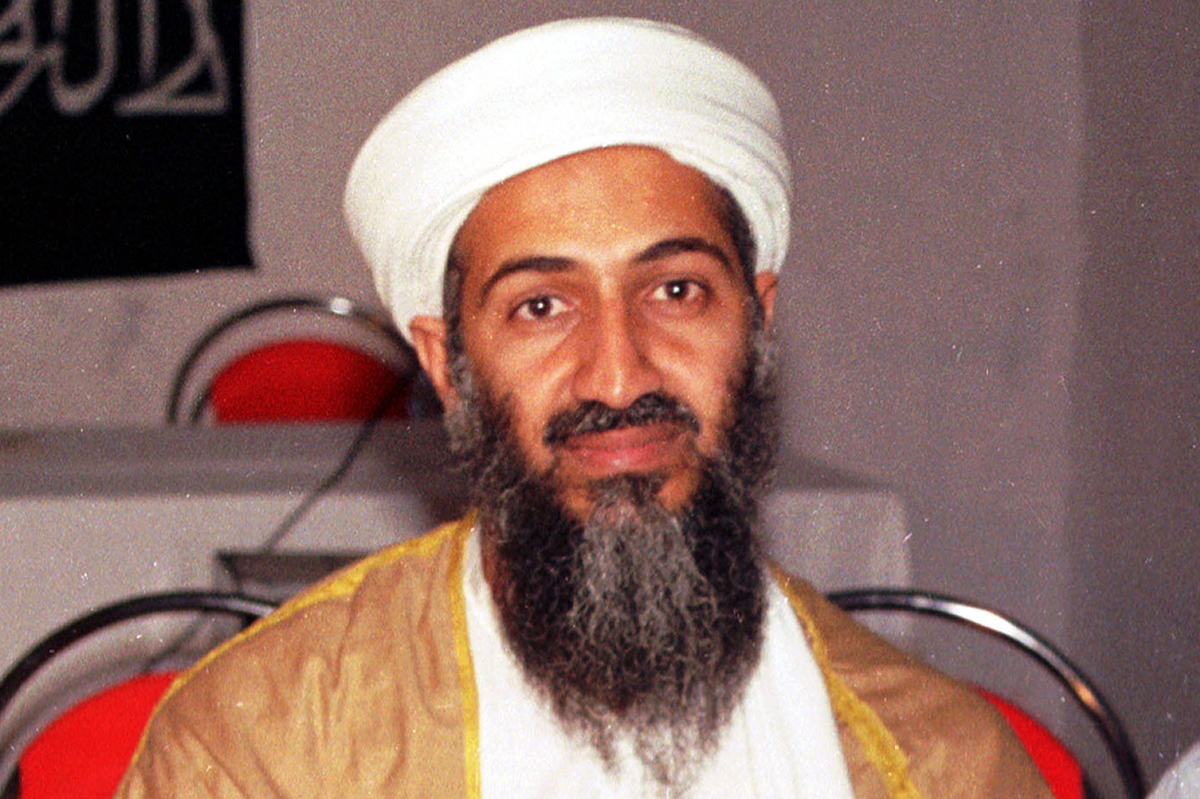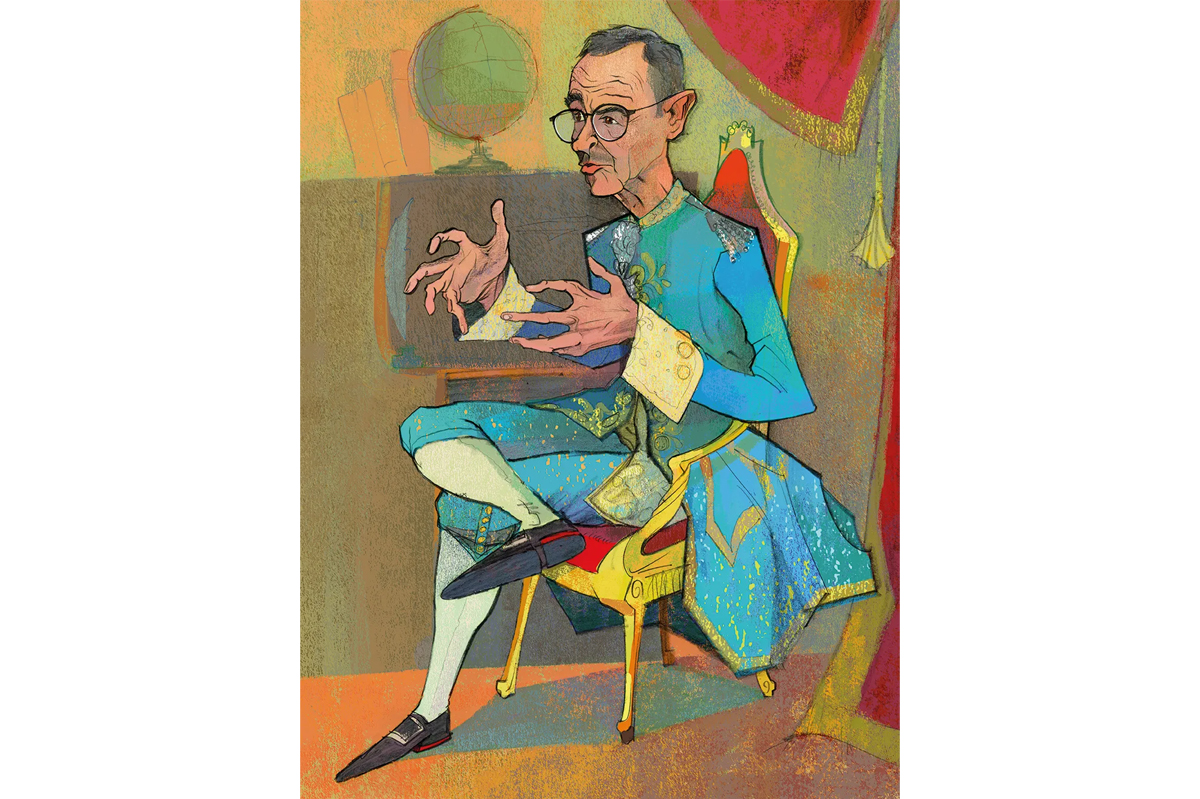When Muslims make headlines, it’s invariably for the wrong reasons. The fuss over Boris Johnson’s burka joke is a case in point: he was making an argument in defence of Muslims, but was instead condemned for attacking us. Why the confusion? Because of how little our faith is understood.
Let’s start with the burka. Islam makes various demands of its followers, but — despite what you might think from the headlines — covering our faces isn’t one of them. Based on the media’s fascination with these strange and oppressive garments, you might wonder why any modern woman would ever choose Islam. So here’s my answer.
I’m a London-born doctor, raised in a Muslim family and now working in America. While Islam always played a role in my youth, it was never something which defined me: rather a list of ‘dos’, ‘don’ts’ and cultural traditions which governed various aspects of home life. It was during an assignment in Riyadh — where I was working as a doctor — that everything changed.
Of course when you’re living in Saudi Arabia, Islam is never far away — but at first its omnipresence only served to remind me of my failings as a Muslim. To the Saudis, I knew so little about my religion I was assumed to be a convert. Thanks to Saudi law (which mandates covering of the hair — something my parents never enforced), I might have looked more Muslim — but I certainly didn’t feel it. Take the Hajj, for example — the holy pilgrimage to Mecca that all Muslims are expected to undertake once in their lifetime, if their health and their means allow. Although many of my colleagues had jumped at the opportunity to do it, it wasn’t something I had considered.
All of that changed following a nerve-wracking life-and-death intervention on one of our most fragile patients. I was with a religious colleague (not one I knew particularly well), having a soothing cup of tea. When I confessed I had never made Hajj, he begged me to do so — after all, many Muslims wait for decades for the chance to be part of it. I decided to take his advice.
No matter who you are, there is something staggering about seeing the Hajj up close: an endless mass of pilgrims representing every age, ethnicity, nationality and language. So many different kinds of people yet — in that moment — they are all the same and equal before God. The pilgrimage centres on the Great Mosque of Mecca, its immaculate marble walkways leading to the Kaaba — the most sacred site in Islam. Cloaked in black cloth woven with Quranic verse, the Kaaba was built by Abraham and his son Ishmael, some believe, to a blueprint by the angel Gabriel. I saw worshippers crying as they finally saw it.
While the sheer beauty of the Kaaba is overwhelming, I can honestly say that, as I looked upon it, I felt something beyond the earthly: as if a tenderness was being pulled from deep within my soul as I returned to my creator.
While moments like these can reignite your belief, ultimately acquiring faith is a process, and one which involves a degree of learning. After the Hajj, I began to study the Qur’an, as well as diving into the various schools of Islamic philosophy. With all the geopolitical sabre-rattling between Sunni and Shia, this is another thing which often gets distorted: in fact, true Islam is tolerant and respectful of other traditions — I am not a Sufi, for example, yet I am fascinated by their commentaries.
There are, I should say, some quite big differences between Christianity and Islam. Take prayer, for example: while most Christian traditions are not prescriptive about how their followers pray (or indeed how often), Islam has set times and practices which all Muslims are supposed to follow. Oh, and we’re supposed to do it five times a day. It’s actually not too bad (even my cat likes to join me in the early morning prayer).
The point of praying, we are taught, is to remind us we are here to worship God and serve our fellow humans. Islam teaches us that we have a responsibility to help those in need, to console the grieving and sick and to care for the orphaned and vulnerable (values which — while shared with many other faiths — don’t always make headlines).
There are many other things you probably know about Islam, all of which involve some personal commitment beyond merely professing faith. There’s Ramadan, for example, during which we observe a month of complete fasting from sunrise to sunset. Then there’s Zakat, the obligation for those of means to give a minimum of 2.5 per cent of our assets to charity each year (you may well have seen the Zakat appeals on public transport during Ramadan).
You might be thinking, if Islam is a creed of tolerance, compassion and selflessness, how can it inspire the brutal terrorism and repression we have seen in the Middle East and many other parts of the world?
While it might sound trite, there’s no other way to answer this than to say that the horrors of jihadism, committed by those who claim to speak for my faith, are a complete rejection of Islam. It’s hard to describe the fury and repugnance that Muslims like me feel when we see these impostors seeking to define our faith, using the name of God and his prophet to justify their totalitarian ideology senseless violence. It is heartbreaking.
But it’s not just the terrorists who twist and pervert Islam: it’s also those who commandeer the faith to demand the subjugation of women. In fact, Islam is quite clear on what it expects of women: that we observe the same duties of belief, prayer and charity as men, and enjoy the same legal rights — autonomy in marriage and divorce, holding wealth, inheritance and property, and so many others.
This is the Islam I love and the Islam which fully liberates my life today. It is also the Islam which the cruel and the cowardly Islamist jihadists seek to obscure from view. In the name of God, don’t let them.
This article originally appeared in The Spectator magazine.



